
A colon resection or colectomy is a procedure in which a section of the large intestine, or the whole of the organ, is removed surgically.
During a minimally-invasive surgery called a laparoscopic colon resection, a surgeon has to make several small incisions. They need to be made no longer than half an inch and their number cannot be lower than five. Laparoscopic procedures use cameras to facilitate a faster recovery time, since the patient does not need to be open up completely.
The usual stay in the hospital after this so-called minimally-invasive operation is five to eight days, much faster than traditional open surgery. But several more recovery days at home are needed before a patient can resume normal daily activities.
The removal of the rectum and whole colon is called a proctocolectomy. The recovery time for such an operation is varied, but the usual time for the discharge from the hospital is a week, which is followed by several more weeks of home recovery.
Another operation we'll mention is a large bowel resection. This operation can be very demanding for the patient and can produce a long recovery time after the process, but considerably shorter than similar operations. This surgery is very difficult to perform for the doctors. The recovery time may take more than several months.
Patients who go through this procedure, will lose large sections of their bowel, or sometimes even the entire bowel. There is a more traditional operation which is sometimes used instead of laparoscopic colon resection, and that is an open colon resection, also called a colectomy. In this procedure, the patient's abdomen is cut open.
An open colon resection can be:
- Total (the whole colon is removed)
- Proctocolectomy (the rectum is removed in addition to the colon)
- Hemicolectomy (one side, left or right, or the colon is removed)
- Partial, where only a portion is removed
This open surgery demands more recovery time and induces a much stronger pain. The recovery of any of the mentioned surgeries will produce pain. This pain is usually experienced in the morning. A feeling of tiredness is very common. But the effect of the treatment will probably be worth the pain and long recovery time.
Why are colon resections performed?
A bowel resection is most often carried out when a part of rectum or colon is affected by cancer. This cancer needs to come out, so the resection is performed. The operation consists of cutting out the cancer and joining the intersected parts of the colon.
Colon resections are also performed for polyposis, a condition in which non-cancerous growths called polyps ravage the bowel, which have the potential to become malignant later on. Inflammatory bowel conditions, too, sometimes require a colon resection, as does diverticulosis, a condition in which "pockets" form in a portion of the bowel. When they become inflamed and cause diverticulitis, it can obstruct the bowel, which is very dangerous and leads to the need for the removal of a portion of the bowel.
Diet after a colon resection
After the operation, a strict regime of nutrition is prescribed by medical professionals. The diet is also given before the bowel resection, and on the day of the operation, eating is prohibited. An appropriate diet after the resection will contribute to a faster recovery time for patients.


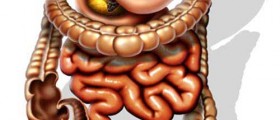
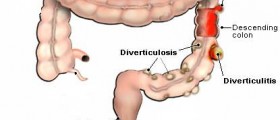




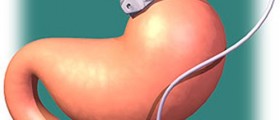
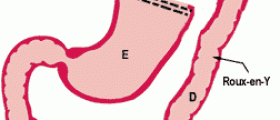


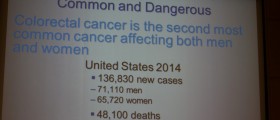
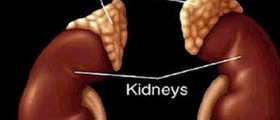

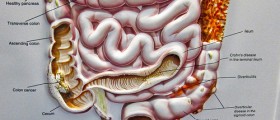

Your thoughts on this
Loading...